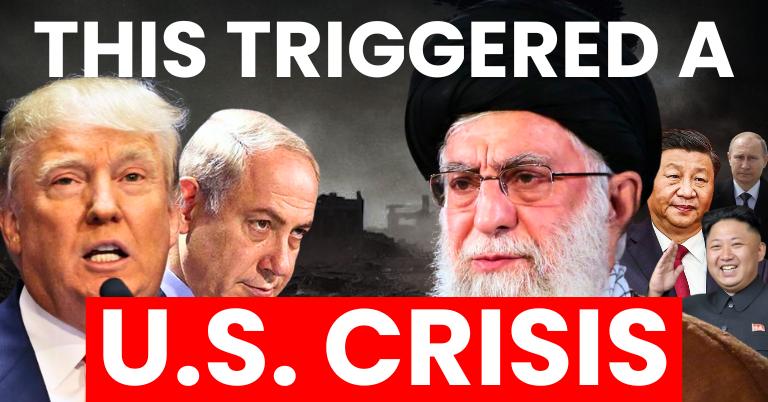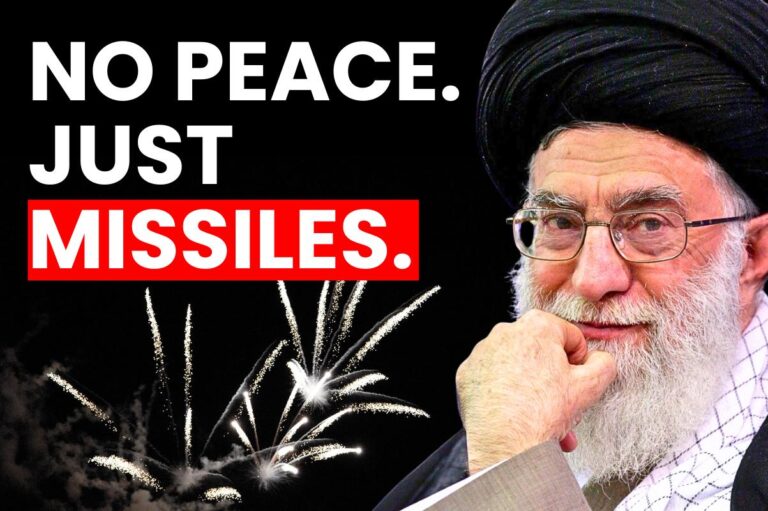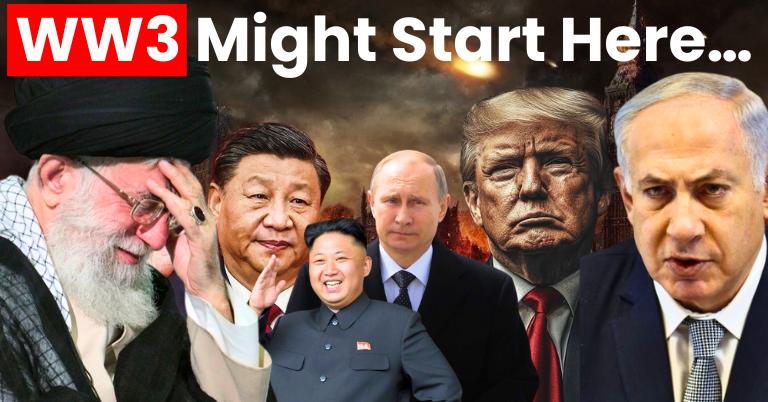EU Threatens Sanctions Over Hungary’s ‘Patriots Only’ Speech
The European Union is considering imposing sanctions on Hungary following Prime Minister Viktor Orbán’s controversial Hungary’s “Patriots Only” speech. Critics argue that the speech promotes nationalism and xenophobia. The remarks, delivered during the Budapest Summit on June 25, 2025, have sparked widespread debate within the EU and highlighted the deepening rift between Brussels and Budapest.
Orbán’s speech, which emphasized Hungarian sovereignty, traditional values, and opposition to “foreign ideologies,” was perceived by many EU officials as a direct challenge to the principles of European unity, inclusion, and democratic governance. His repeated calls for a “Europe of nations, not a nationless Europe” have garnered condemnation from EU leaders and civil society groups.
‘Hungary’s Patriots Only’ Speech Sparks Political Backlash
In his address to summit attendees, Orbán emphasized that Europe must be defended by patriots rather than globalists. He also declared that Hungary will not be subjected to lectures from unelected bureaucrats in Brussels. This speech appeared to further solidify his longstanding opposition to EU migration policies, LGBTQ+ rights, and the liberal democratic order championed by Western Europe.
Also read, Senate votes down measure restricting Trump from further military action in Iran.
European Commission President Ursula von der Leyen swiftly responded, warning that Hungary’s rhetoric and domestic laws are increasingly violating the EU Charter of Fundamental Rights. During a press briefing, she emphasized that the EU cannot stand by while a member state undermines core European values. Von der Leyen further stated that if Hungary continues on this path, sanctions will be imposed.
EU Threatens Sanctions Over Hungary’s Nationalist Agenda
In response to the escalating rhetoric, the European Council is now contemplating invoking Article 7 of the EU Treaty. This provision allows for sanctions against member states that violate the bloc’s fundamental principles. A potential consequence of this action could be the suspension of Hungary’s voting rights, a rare and severe measure that underscores the deep-seated frustration in Brussels.
According to a Politico Europe report, several member states, particularly Germany, France, and the Netherlands, are advocating for stronger measures. They argue that Viktor Orbán’s actions are undermining the EU from within. Dutch Prime Minister Mark Rutte emphasized this point, stating that it is no longer merely about Hungary’s domestic policies but rather about safeguarding the very essence of Europe.
Orbán Defiant Amid Sanctions Threat
Despite mounting pressure, Hungarian Prime Minister Viktor Orbán remains defiant. His government asserts that Hungary is being targeted for standing up to “woke ideology” and defending Christian values. Hungarian Foreign Minister Péter Szijjártó dismissed the EU’s threats as “blackmail,” claiming that Brussels is attempting to silence dissent.
Supporters of Orbán argue that Hungary is being punished for adopting a nationalist stance that resonates with a growing segment of the European population. Government spokesperson Zoltán Kovács asserts that there is nothing illegal about defending one’s culture and identity. Kovács emphasizes that Hungary is not alone in its patriotism they are simply the most vocal.
Hungary’s Position Worsens Amid Rule-of-Law Concerns
Hungary’s latest standoff with the EU further strains their already strained relationship. Over the past few years, Hungary has faced criticism for its judicial reforms, restrictions on press freedom, and anti-LGBTQ+ legislation. As a result, the European Commission has withheld billions in EU recovery funds from Hungary due to concerns about rule-of-law violations.
Transparency International’s recent report ranked Hungary as one of the EU’s most corrupt states, intensifying scrutiny. This combination of authoritarian governance and nationalist rhetoric is viewed by many as a threat to EU cohesion, particularly as far-right parties gain prominence across the continent.
Growing East-West Divide in the EU
The incident at the Budapest Summit underscores the widening ideological divide between Eastern and Western EU member states. Countries like Poland, Slovakia, and Bulgaria have shown sympathy for Hungary’s position, while Western leaders advocate for a more centralized and progressive European Union.
Analysts caution that Orbán’s approach could ignite similar nationalist movements in other European Union countries. EU analyst Catherine De Vries emphasizes the broader concern, stating, “The danger is not limited to Hungary; it’s the precedent it sets. If this kind of rhetoric becomes normalized, it undermines the EU’s capacity to uphold its democratic principles.”
Conclusion
The European Union’s threat of sanctions over Hungary’s controversial ‘Patriots Only’ speech marks a pivotal moment in the bloc’s future. Amidst escalating tensions at the Budapest Summit, the EU stands at a critical juncture, grappling with the challenge of preserving unity while confronting the rise of nationalism within its own borders.
The upcoming weeks will be pivotal as EU leaders engage in discussions about potential sanctions, while Hungary persistently opposes what it perceives as excessive interference. Regardless of the resolution, this confrontation highlights a broader struggle within Europe a conflict between unity and division, democracy and nationalism.






